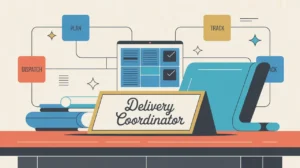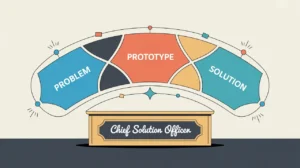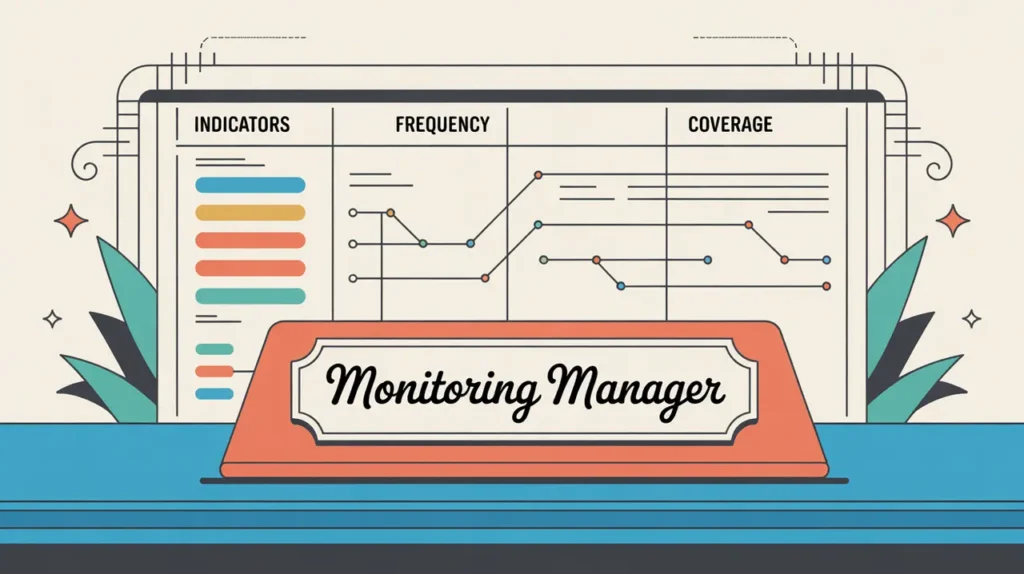What Does the Strategy Analyst Role Involve?
A Strategy Analyst is responsible for conducting research, analyzing data, and producing insights that inform organizational strategy, planning, and decision making. They help leadership and program teams understand trends, assess opportunities, evaluate performance, and design strategies that align with organizational goals. Their work blends analytical rigor with strategic thinking, supporting both long-term planning and adaptive decision making.
In nonprofits and social enterprises, Strategy Analysts play a crucial role in ensuring that strategies are evidence-based, contextually grounded, and operationally feasible. They often act as the connective tissue between data, insight, and action.
At What Level does this Role Operate?
Mid Level: Strategy Analysts typically report to a Strategy Lead, Director of Strategy, Chief of Staff, or Executive Leadership. They operate with moderate autonomy, managing discrete analytical workstreams while contributing to larger strategic initiatives. Depending on the organization, they may focus on program strategy, organizational growth, market positioning, or systems-level analysis.
Relative Employability: Strategy Analyst roles are increasingly found in nonprofits, foundations, international NGOs, and social enterprises that prioritize data-driven planning. They are particularly valuable in organizations undergoing growth, diversification, or transformation.
Relative Pay Scale: Strategy Analysts generally occupy the mid pay band, reflecting their analytical expertise and strategic contribution. Their compensation typically aligns with other analyst roles in finance, research, or policy functions.
What are the Key Responsibilities and Activities?
- Conduct research and analysis to support the development and refinement of organizational or program strategies
- Gather and interpret data on markets, sectors, policies, or ecosystems relevant to the organization’s mission
- Analyze internal performance metrics to assess progress toward strategic goals
- Develop strategic briefs, reports, dashboards, and presentations for leadership and board discussions
- Support scenario planning, risk assessments, and strategic foresight exercises
- Contribute to organizational planning processes, such as annual plans, strategic frameworks, or growth strategies
- Synthesize qualitative and quantitative insights into clear, actionable recommendations
- Collaborate with program, operations, finance, and external partners to align analysis with real-world decision making
What Core Competencies and Qualifications are Needed?
Required Qualifications and Experience
The following reflect common qualifications and experience expected for this role, while recognizing that pathways may vary by context, organization, and region.
- Relevant academic background in public policy, business, economics, international development, or related fields
- Several years of experience in strategy, consulting, research, or analytical roles
- Strong quantitative and qualitative analytical skills, including proficiency with relevant tools (e.g., Excel, data visualization platforms)
- Experience producing strategic reports, dashboards, or presentations for senior audiences
- Familiarity with strategic frameworks, planning methodologies, or market analysis
Key Competencies
- Analytical rigor and ability to draw meaningful insights from complex data
- Strategic thinking and ability to connect analysis to organizational goals
- Strong written and verbal communication skills
- Project management and ability to manage multiple analytical workstreams
- Collaboration and stakeholder engagement skills across functions
- Adaptability to changing priorities and strategic questions
How are AI and Automation Shaping this Role?
An AI-native Strategy Analyst can use AI to rapidly synthesize large volumes of information, generate scenario models, and surface strategic insights. AI tools can automate data cleaning, analysis, and visualization, enabling analysts to focus more on interpretation and strategic framing. Natural language processing can help scan external environments for emerging trends, while predictive analytics can support planning and risk mitigation.
What Career Pathways and Transferable Skills are Associated with this Role?
Strategy Analysts can progress to roles such as Strategy Lead, Strategy Manager, Director of Strategy, Chief of Staff, or Program Strategy Lead. Their analytical skills and strategic insight are transferable to leadership roles in planning, program design, operations, policy, and innovation. Over time, they may shape organizational strategies at a senior level, lead cross-functional strategic initiatives, or move into executive roles guiding institutional direction.







